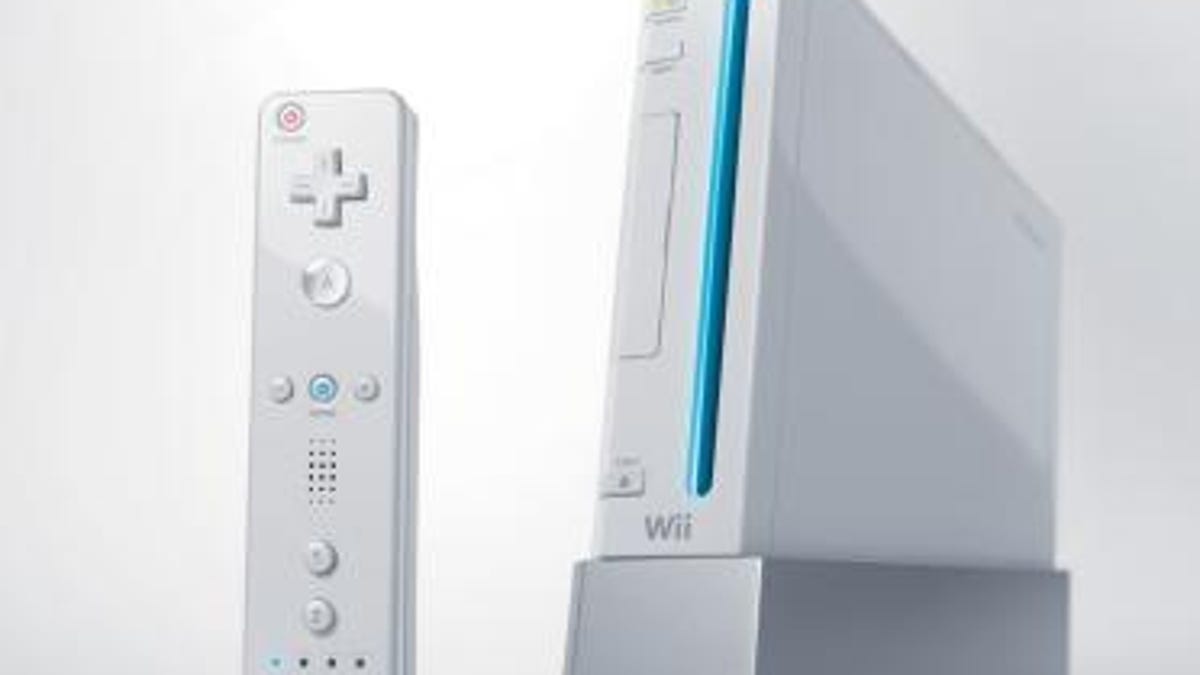The sad state of console cycles
Nintendo's CEO thinks the video game industry has it all wrong with its decision to release new consoles every four years. Don Reisinger thinks that opinion is way off base.

Earlier this week, Satoru Iwata, Nintendo's CEO, pointed out the perils of maintaining the status quo in console cycles. According to Iwata, the current state of the industry where hardware is replaced by its successor in just four years is a blunder that Nintendo will not commit.
Instead, Iwata argued that new consoles should be replaced when a major shift in entertainment arrives or all avenues for innovation have been exhausted.
While I can see where Iwata is coming from, I think he misses an important point. Sure, new technologies should govern the arrival of new consoles, but what about the business implications of a 10-year console cycle? It may work for Nintendo, which has two successful hardware options on the market and does well with its first-party software, but what about Sony and Microsoft?
Sad as it is, Iwata is dreaming. From the perspective of hardware manufacturers, new console releases mean a jump in revenue and unique opportunities for growth.
Microsoft and Sony rely on new consoles every four years. Think of it this way: after four years on a console that is basically only able to play games in the traditional sense, what else is there to do? Sure, developers could create new and innovative games that keep us coming back for more, but the state of this industry dictates sports games, derivative gameplay, and sequels. And whether you want to believe it or not, it's the graphics and technology that make the difference.
From Nintendo's perspective, eliminating the four-year cycle makes sense. Not only is the company capable of innovating far more than Sony or Microsoft, it doesn't bear the burden that its competitors do. Unlike the others, much of Nintendo's success can be attributed to its own software. And although Microsoft once had Bungie in its grips, no other company has been able to build success around its own games like Nintendo. Can you imagine a Nintendo without Mario?
More than anything else, Microsoft and Sony rely on hardware to create a solid business. And while both companies may sell consoles at a loss in the beginning, the third-party licenses help to offset those losses and maintain a strong revenue stream.
Along those lines, new console launches wipe the slate clean. In the last console war, Sony was winning quite handily. But in this new war, the tables have been turned and now it's Sony that is trying to play catch up. Simply put, new consoles give these companies a new lease on life--something a 10-year cycle can't provide.
But beyond that, this is simply a business decision. If you take a look at software sales over the lifespan of a console, sales usually fall off significantly after four to five years. And while a part of this is due to the announcement of new consoles, another major reason is that games become stale on a single console after a while.
How many times can you possibly play a derivative first-person shooter on an Xbox until you realize that nothing in the way of ingenuity has surfaced? How many times can you play Madden with the same player models until you start asking for more detail? Simply put, gamers are still looking for beauty.
In fact, one game developer, David Perry explained to Disposable Media this year that, "gamers are attracted to beautiful looking games."
You can't argue with his logic. With the upcoming release of Assassin's Creed and Crysis, much of the excitement has been surrounding just how beautiful those games look. And even if you read reviews by video game journalists, one of the first comments will always be that the game is either "gorgeous" or "has the design of a PlayStation 2 game."
More than anything else, the video game industry is a business, and regardless of what we're looking for in games, we will be inundated by those consoles and titles that are most profitable for a company.
And in the end, that means new consoles every four years.

